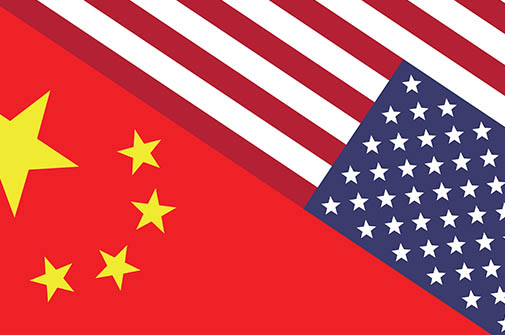
It’s not often that the UK finds itself in Washington’s bad books—this is, after all, a country that supports the US in even its most ill-advised foreign adventures and is often described as America’s closest ally. However the normally placid Obama administration is letting rip at David Cameron’s government for its decision to join China’s new $50 billion Asian Infrastructure Investment Bank, or AIIB, in defiance of Washington’s desire for its Western allies to stay away.
The US has framed its doubts around concerns about the governance of the new bank and that, as things stand, Beijing controls a high 49% of the equity. However, the US also fears the AIIB could prove a successful extension of Chinese foreign policy, increasing Beijing’s influence in Asia at Washington’s expense. The possibility that the Shanghai-based institution could start supplanting the World Bank—which together with the IMF is based in Washington, with the US the largest shareholder—is clearly another factor.
Washington’s ire is likely to be even greater given the news that London’s lead is being followed by France, Germany and Italy. Indeed even Australia (the US’s closest ally in the Pacific, led by rightist prime minister Tony Abbott) is rethinking its original rejection of membership, while South Korea is reported to still be in discussions with Beijing. With all potential members meant to have decided by the end of March, when signees meet in Almaty, Kazakhstan to negotiate details, it all amounts to an embarrassing setback to Obama’s efforts to stymie the AIIB at birth.
“There’s clearly been a large element of politics here, from China in launching the bank and the US side in trying to prevent its allies from joining it,” says Rod Wye, China specialist for London-based think tank Chatham House. But having European nations within the AIIB is actually a positive, he argues, in that they would dilute Beijing’s equity and help ensure better governance and transparency. “Although the AIIB will help advance many of Beijing’s pet projects, like the New Silk Road in Central Asia, infrastructure needs are huge, whilst the Asian Development Bank, Asia’s other big international financial institution, is more focused on poverty reduction.”
The ADB, for its part, seems quite relaxed about the new kid on the block. Indu Bhushan, director general of the strategy and policy department at the bank, says: “Some $8 trillion needs to be spent on physical infrastructure over the next decade of which we would expect the ADB to be able to finance some $200 billion—so the more institutions there are to help fill this huge gap, the better. Provided they follow international best practice for governance and employ social and environmental safeguards, we will be happy to work with them.”



